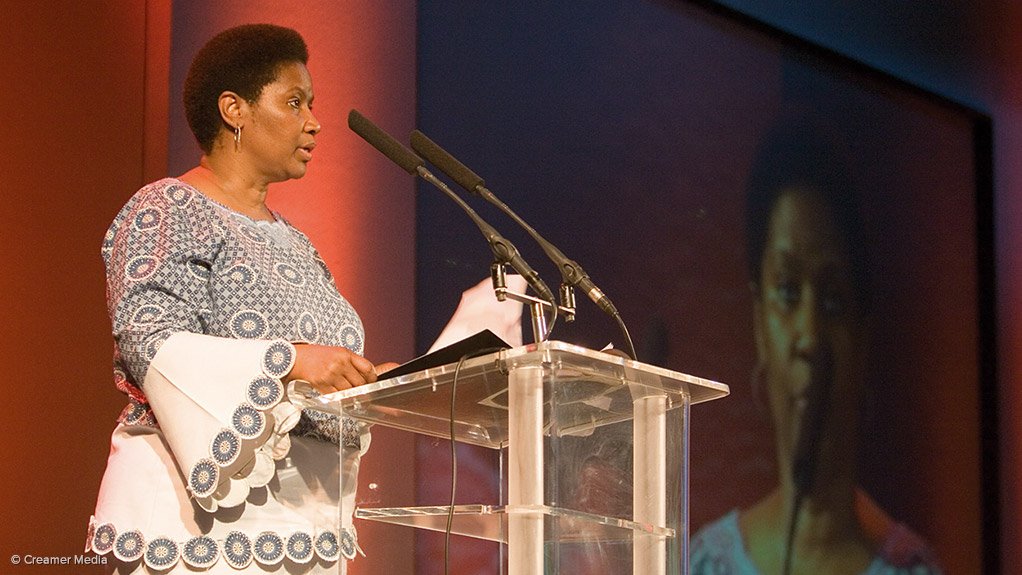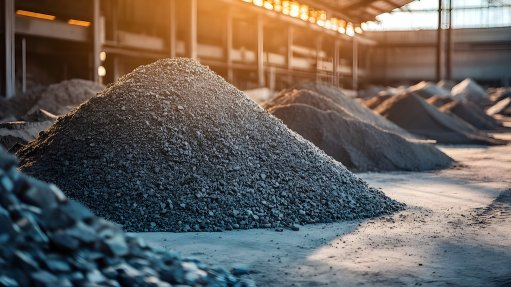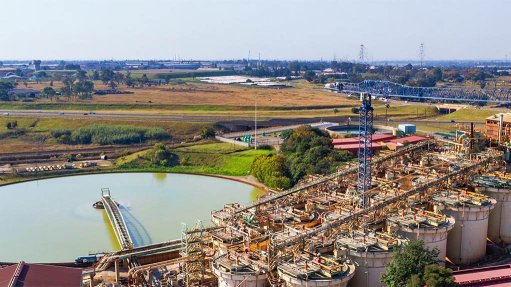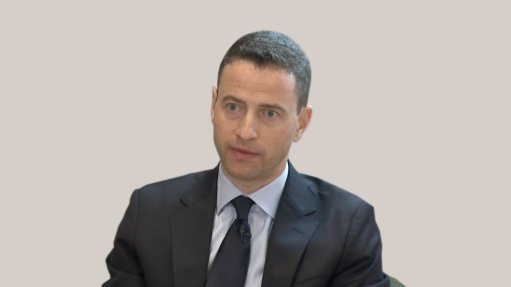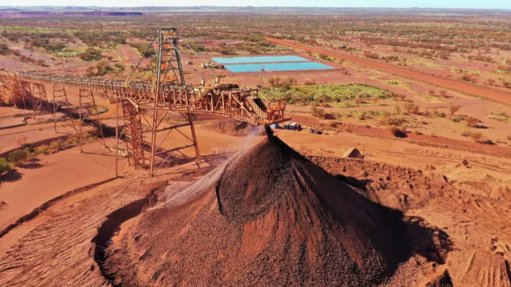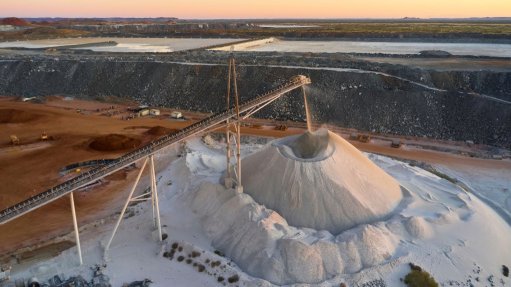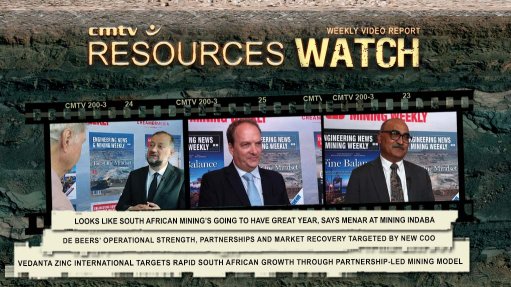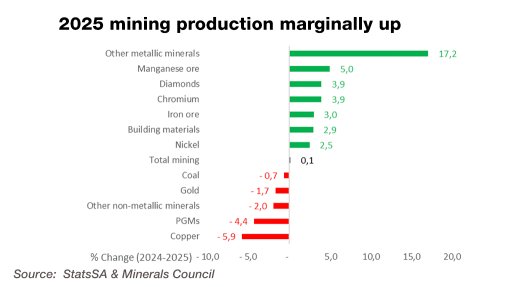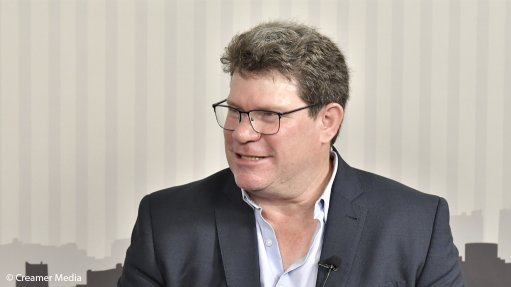UJ Mining Summit garners views on mining sustainability amid global turbulence
Mining companies have often needed to navigate disordered markets; however, unprecedented pressure is currently being imposed by export restrictions, resource nationalism, fragmented supply chains, conflicts that create uncertainty and internal pressure to transform and decarbonise.
During the University of Johannesburg’s (UJ’s) Mining Summit, which celebrated the School of Mining’s centenary, on August 22, UJ Vice-Chancellor Professor Letlhokwa George Mpedi emphasised the importance of balancing investor confidence with transformation goals in the mining industry.
To navigate some of the rising complexities in the international landscape, Mpedi believed the draft Mineral Resources Development Bill, which amends the Mineral and Petroleum Resources Development Act, presents a pivotal overhaul of South Africa’s mining regime.
With it separating oil from minerals, addressing illegal mining, creating more regulatory certainty by increasing State oversight and promoting exploration and beneficiation, its impact could be transformative, he said.
He recognised that government had to tackle environmental and social concerns while streamlining regulations and fostering investments.
Mpedi said there was a broader focus across African countries to gear up for critical minerals demand, including strategies that focus on in-country processing of raw materials.
This presents an opportunity for South Africa to act decisively by investing in beneficiation infrastructure and crafting international partnerships that promote ethical supply chains and integrating communities into decision-making on a regional level.
In playing its part in the transformation and adaptation of the mining industry, UJ provides evidence-based expertise on energy transitions and critical minerals, including strategies for responsible sourcing.
Mpedi confirmed that institutions such as UJ were expanding programmes offered to include sustainable mining, green hydrogen potential and just energy transition matters.
“We must continue to evolve our curriculum to include interdisciplinary approaches that ensure students lead in decarbonisation and resource efficiency efforts.”
UJ Chancellor Dr Phumzile Mlambo-Ngcuka agreed that mining was being affected by changes in the world, such as climate change, technology and geopolitical and trade tensions, as well as its own localised development imperatives.
She stressed the importance of supporting the mining industry as a vital contributor to jobs and the economy, a builder of community infrastructure, as well as a mainstay for skilled students.
Mlambo-Ngcuka said the foremost priority for the sector should be more local value-add and beneficiation, lest the country face deindustrialisation and more unemployment.
She also advocated for a sovereign wealth fund, similar to those created in Middle Eastern countries, which helped to share benefits of mineral wealth for a wider spectrum of stakeholders and for future generations to come.
Department of Mineral and Petroleum Resources deputy director-general Tseliso Maqubela reflected on how far South Africa’s mining industry had come in respect of diversifying from gold to produce many of the minerals that the world now deemed “critical” for green economies.
However, he admitted that impairments such as high electricity tariffs were affecting the sustainability of many operations, including in the ferroalloy sector.
For the mining industry to continue contributing between 6% and 8% of GDP, supporting 1.6-million jobs – of which 460 000 are direct jobs – and ensure more equitable economic development in rural and urban areas, illegal mining and environmental imperatives need to be addressed.
According to Maqubela, mining sustainability was not just about reducing carbon emissions, but also about embracing circular economy principles such as reducing waste and repurposing byproducts, as well as meaningfully impacting marginalised communities beyond the lifespan of mining operations.
He was confident that, by 2050, the South African mining industry would have evolved beyond extraction to wide-scale beneficiation, inclusion and innovation, with more community and employee ownership initiatives creating balanced wealth distribution, and a future-ready skilled workforce to accompany the technology revolutions in mining.
For Sibanye-Stillwater innovation and technology VP Alex Fenn, mining sustainability was not just about innovating new ways of working, but maintaining existing excellence.
He cited the example of South Africa offering world-class mining education and being a frontier destination for building mining capacity, which “should be maintained at all costs”.
UJ Mining School head Professor Hennie Grobler pointed out the importance of keeping wealth in the country, including through beneficiation and skills migration.
UN Development Programme South Africa representative Maxwell Gomera explained that African countries often produced the minerals, such as cobalt, that were needed for high-end medical equipment, yet did not enjoy the benefits of accessing that equipment when the need arose.
“What if every new mining licence embedded technology partnerships, skills development and beneficiation?
“We must transform mineral wealth into long-term prosperity for future generations and ensure dignity for the employees producing the life-saving equipment used by the world,” he added.
Mintek extractive metallurgy group executive Mariekie Gericke agreed with Fenn that South Africa had an established base of expertise and capability that should be harnessed for new opportunities, such as battery manufacturing.
She said the Southern African Development Community had all the minerals required to produce batteries and that regional hubs for energy storage technology development could be created with the right partnerships.
Minerals Council South Africa CEO Mzila Mthenjane pointed out that mining companies had grown to cater for the gap in local government service delivery in many instances across the country, with mining companies building water infrastructure, healthcare and educational facilities.
However, consequently, mines have become the sole entity that communities rely on, which, for future sustainability, requires that more stakeholders get involved to ensure mines are not the only developers in rural communities.
He stressed that local government erosion needed to be urgently addressed if lasting economic prosperity was to be created beyond the lifespans of mines.
Association of Mine Managers South Africa VP George van Grunen emphasised how South Africa now had a “second chance” to prioritise beneficiation and ensure continued industrialisation in the mining industry.
“With the right policies, we can drive downstream processing capacity, investment in infrastructure and apply environmental, social and governance principles.
“We have seen what collaboration between regions, departments and stakeholders can do, with the right policy changes,” he concluded.
Article Enquiry
Email Article
Save Article
Feedback
To advertise email advertising@creamermedia.co.za or click here
Announcements
What's On
Subscribe to improve your user experience...
Option 1 (equivalent of R125 a month):
Receive a weekly copy of Creamer Media's Engineering News & Mining Weekly magazine
(print copy for those in South Africa and e-magazine for those outside of South Africa)
Receive daily email newsletters
Access to full search results
Access archive of magazine back copies
Access to Projects in Progress
Access to ONE Research Report of your choice in PDF format
Option 2 (equivalent of R375 a month):
All benefits from Option 1
PLUS
Access to Creamer Media's Research Channel Africa for ALL Research Reports, in PDF format, on various industrial and mining sectors
including Electricity; Water; Energy Transition; Hydrogen; Roads, Rail and Ports; Coal; Gold; Platinum; Battery Metals; etc.
Already a subscriber?
Forgotten your password?
Receive weekly copy of Creamer Media's Engineering News & Mining Weekly magazine (print copy for those in South Africa and e-magazine for those outside of South Africa)
➕
Recieve daily email newsletters
➕
Access to full search results
➕
Access archive of magazine back copies
➕
Access to Projects in Progress
➕
Access to ONE Research Report of your choice in PDF format
RESEARCH CHANNEL AFRICA
R4500 (equivalent of R375 a month)
SUBSCRIBEAll benefits from Option 1
➕
Access to Creamer Media's Research Channel Africa for ALL Research Reports on various industrial and mining sectors, in PDF format, including on:
Electricity
➕
Water
➕
Energy Transition
➕
Hydrogen
➕
Roads, Rail and Ports
➕
Coal
➕
Gold
➕
Platinum
➕
Battery Metals
➕
etc.
Receive all benefits from Option 1 or Option 2 delivered to numerous people at your company
➕
Multiple User names and Passwords for simultaneous log-ins
➕
Intranet integration access to all in your organisation



